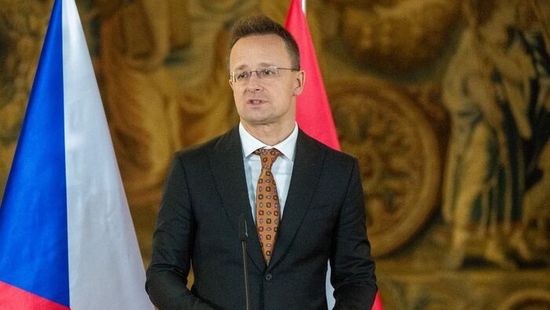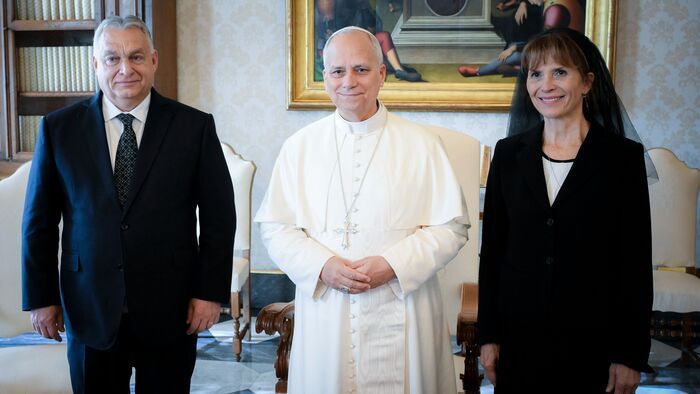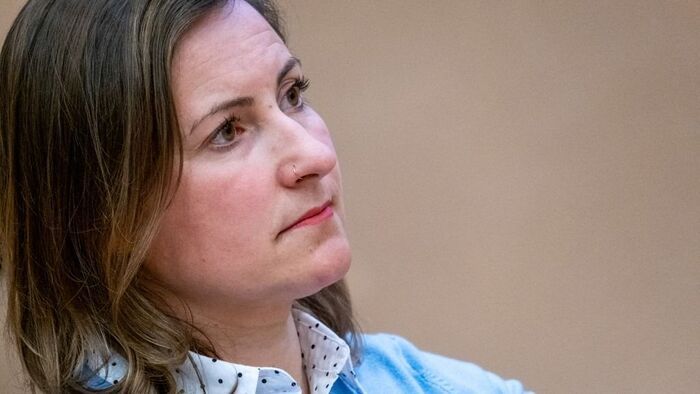Motto:
“The will of God the creator has defeated the nothing. However, man’s will has not managed to succeed. [...] Nature is perfect in its own way, nature is what it is. Man however must then become who he is. He may fail as he has failed before – falling into sin. [...] The only reason he can find is above himself – God. His own will must be voluntarily released to God’s will. It is dangerous arrogance to go against this arbitrarily. Because it is a false majesty to break away from your ancestors; your soul must be rooted in them to some extent to become its own reason. This happens when the soul is all too fond of itself.” (Rüdiger Safranski: Evil or the drama of freedom)
Oh, happy times, oh happy Augustine! Because what happens when soulessness pleases itself too much? Well, we’re left with what we have today. Of course, even Attila couldn’t see the party in the sky every night, only that the fabric of the law was always bursting apart somewhere. But there’s a party in the sky every night.
“Gaping I stood / and shouted of happiness: / there is a party in the sky a party every night! / And then the sense of the great old secret / lit up in my mind, / the fairies of heaven, just like in a city, / go home at dawn / on the lamp-lit boulevards of eternity. […] Look here, I know there is nothing for me to believe in / and I know that before long I shall be leaving, / but stretching my heart to be a string / to the azure I started to sing / to him I search for in vain as alive or when dead later / whom no one knows where to find here or in the ether. / But now as my muscles get softer just / so I have a feeling my friend, that in the dust, / where I was groping by clogs of earth and souls / I was the guest of a grand and unknown Lord.”
[“Daybreak Drunkenness” Dezső Kosztolányi, English translation by Tamás Kabdebó]
Indeed, we on this earth are the guests of some grand, unknown Lord. That is why Luke, the ancient Bolshevik, wanted to erase Kosztolányi from this world as well. After all, the nobodies can’t deal with that either. That party in the sky. Because that party does not offer beer, nor sausage, nor wurst, nor release. That’s where a nobody realizes that they are incapable of accepting and handling any kind of hierarchy. Because, if there is a hierarchy, that certain nobody immediately ends up at the bottom. That’s why he needs to break all the rules, disturb the order, deny God and declare that every person is equal. But, oh no… A nobody can only become somebody if they make everybody else a nobody. If they do away with anything majestic, and completely erase the past. If Michelangelo was merely a carpenter, then anybody can be anything. That’s what a phalanstère is for. It was invented by – who else – Charles Fourier, a utopian socialist. That was his big, beautiful dream to save mankind, that one day, this phalanstère would be the “seed” of society. We will live beautiful lives together in these large, shared housing and work campuses, where we all do the work that suits us best and everyone benefits equally. Our Madách [Hungarian writer, poet, lawyer, politician] who, unlike Fourier, knew very well that there is a party in the sky every night, saw the real essence of the phalanstère:























Szóljon hozzá!
Jelenleg csak a hozzászólások egy kis részét látja. Hozzászóláshoz és a további kommentek megtekintéséhez lépjen be, vagy regisztráljon!